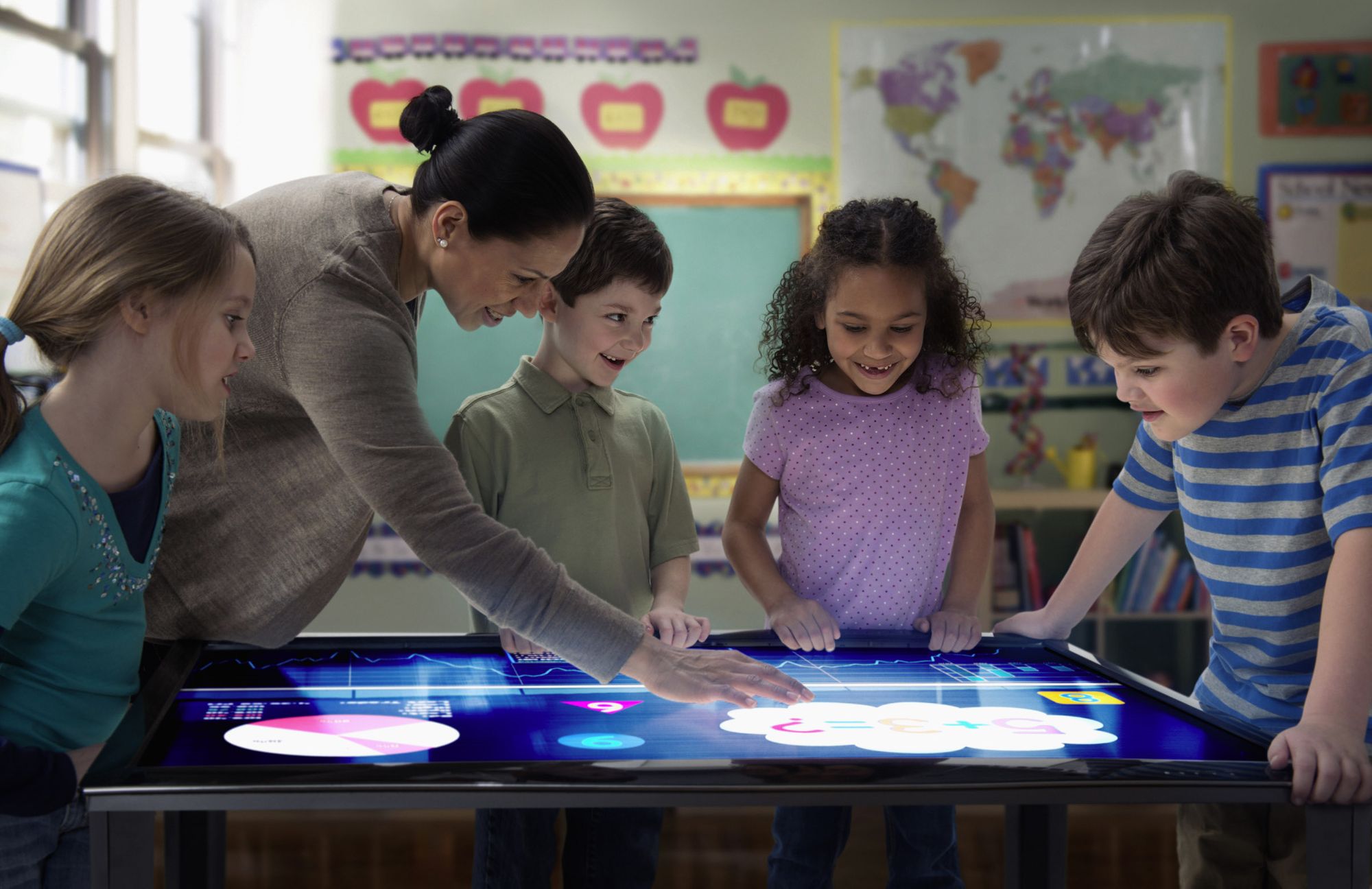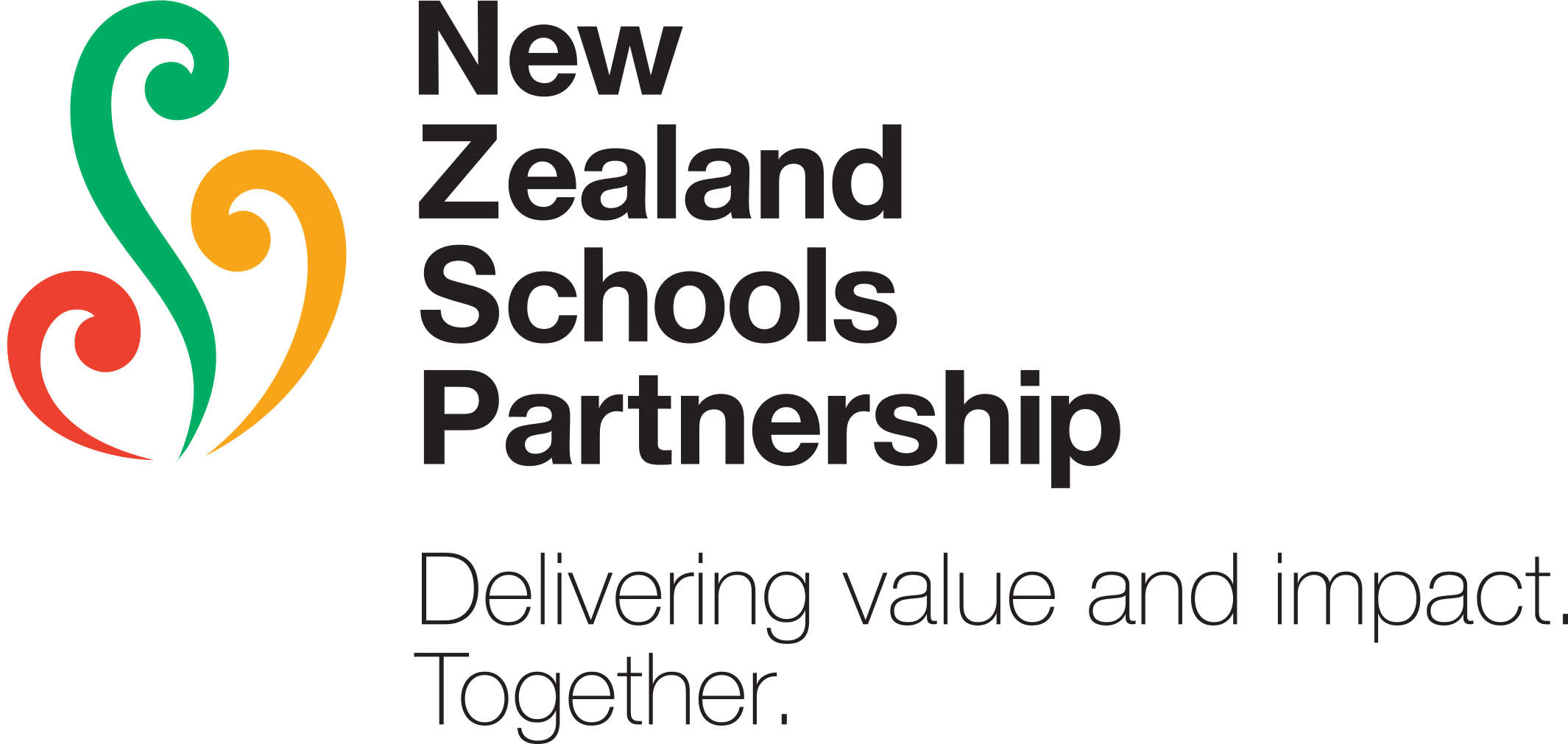Future of work and learning

The future of work is unfolding rapidly. The acceleration of artificial intelligence and cognitive technologies is challenging the way we work, where we work, who or what we work with and how we build capabilities to get into and remain relevant in today’s workforce. Technology is transforming the nature of work and forcing organisations to redesign jobs to remain competitive. A result of this redesign is the reconfiguration of jobs where transactional activities are removed and replaced with more automation. This leaves a need in the workforce for more uniquely human skills, such as creativity and emotional intelligence.
The jobs of today are more machine-powered and data –driven than in the past, and they also require more human skills in problem-solving, communication, interpretation and design.
— Deloitte Human Capital Trends, 2019
Due to the accelerating rate of technological change, we need New Zealand’s workforce to continually learn and develop new skills.
It is estimated that 35% of the skills that workers need, regardless of industry, will have changed by 2020.
— U.S. Bureau of Labor Statistics

Within this new world, personal success will largely depend on accelerating learning throughout one’s lifetime. This becomes even more difficult as the lifespan of one’s skills continues to shorten, providing more pressure on individuals to continue learning whilst maintaining a fast pace of life (Deloitte Human Capital Trends, 2019).
Researchers from Harvard Business School’s Project on Managing the Future of Work and Boston Consulting Group’s Henderson Institute have already found that 39% of businesses cannot find employees with sufficient skill sets. And this is having a negative impact on their organisation’s ability to deliver.
Rather than relying on employers to shape a career, individuals will need to take the initiative to shape their own personalised careers. As work evolves, they will benefit from a learning mind-set, always alert to building high-value skills. Young people entering the workforce for the first time need to have the capabilities required to work in a dynamic environment and keep up with the rapid changes in technology. This is now urgent. A multi-skilled education for a multi-career future is what is needed in our New Zealand classrooms.
80% of CEOs now believe the need for new skills is their biggest business challenge
— Harvard Business Review, 2019
It is crucial that New Zealand schools are equipping students with a full toolbox of life long learning skills that will empower them to be successful in an innovative, dynamic and exciting workplace of the future.
Given that 65% of children entering primary school today will ultimately end up working in completely new job types that do not yet exist is a learning challenge we now need to lean into.
— World Economic Forum
Policy makers face significant and formidable challenges to rethink education to draw out students’ creative capabilities and to establish a framework to help everyone develop their talent more rapidly throughout their lives. Our educational institutions were established decades ago to provide for mass education and are not set up to meet the needs of the future of business.
NZSP is here to help connect business to education.
